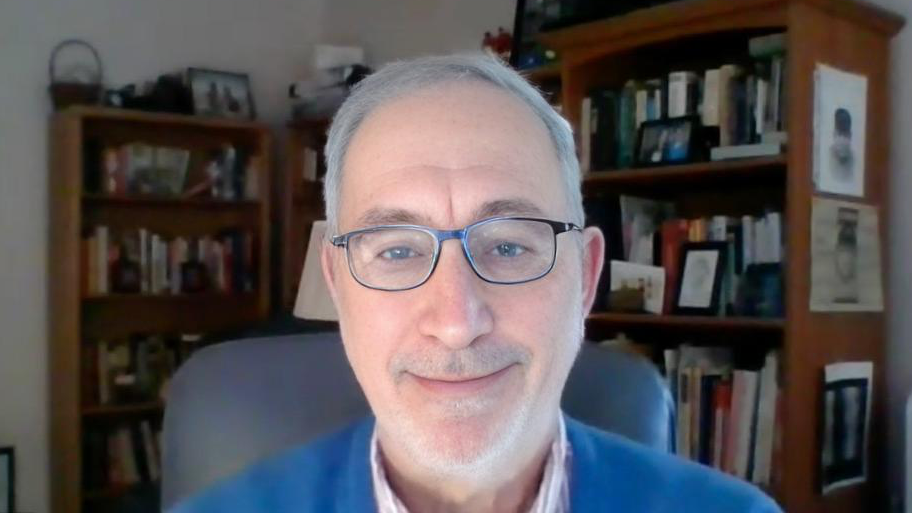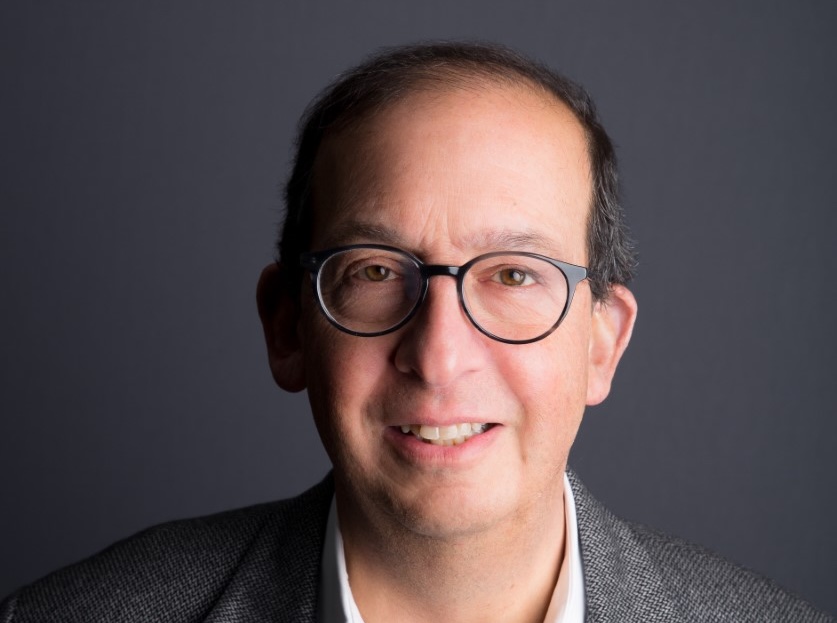The professor of public policy and political science talks to Michael E. Hartmann about her career, and the level and nature of academic study and journalistic coverage of policy-oriented philanthropy.
Kristin Goss is a professor of public policy and political science at Duke University’s Sanford School of Public Policy. She directs both the university’s Duke in DC program and the Sanford School’s Center for the Study of Philanthropy and Voluntarism.
Goss’ recent scholarship has focused on the role of the mega-wealthy in public-policy debates and policymaking, including through their philanthropy; the evolution of gun-related advocacy during the past decade, about which she has authored, co-authored, or co-edited three books; and gender and politics, including the pivotal role that American women’s groups have played in policy advocacy throughout history.
On philanthropy in particular, among other things, Goss has written “Policy Plutocrats: How America’s Wealthy Seek to Influence Government” in the American Political Science Association’s PS: Political Science & Politics in 2016, and “Donors for democracy? Philanthropy and the challenges facing America in the twenty-first century” with Jeffrey M. Barry in Interest Groups & Advocacy in 2018. She is currently working on a book about philanthropy and democracy.
Before joining Duke, Goss taught American politics at Georgetown University, was a consultant to the Corporation for National & Community Service, and was a Chronicle of Philanthropy reporter.
Goss was kind enough to join me for a conversation last week. The just less than 12-and-a-half-minute video below is the first of two parts of our discussion; the second is here. In the first part, we talk about her career, and the level and nature of academic study and journalistic coverage of policy-oriented philanthropy.
Goss and Hartmann
“Any academic would say that whatever they’re studying probably needs more study,” Goss tells me, “but I think it’s particularly true with philanthropy.” Measured by the number of published scholarly articles, academic interest in philanthropy “has not really been growing in the last 15 years. … There’s still plenty being produced. It’s just not enough and probably not enough really tough, empirical social science.” She notes that there is a lot of “good work being done” on the study of certain subject-specific philanthropy, using K-12 education as an example.
In journalism, when The Chronicle of Philanthropy “started in 1988, there was very little coverage of philanthropy,” Goss recalls, but the level of media coverage “has gotten better over time.”
“The vast majority of philanthropy is not concerned with public policy …. If you look at the subset” of those funders “that are doing public policy work, these include a lot of big foundations that are giving big dollars,” she notes. Policy-oriented philanthropy is “very skewed toward a few big funders. They’re heavily engaged in that area. … It’s very concentrated at the top and [most of] these are big, brand-name funders that have been around for a while.”
In the treatment of grantmakers by both the academy and journalism, according to Goss, “I would say that skepticism is pretty much the order of the day today,” and “skeptical studies and journalistic coverage help compensate for the lack of other accountability mechanisms that might adhere to other kinds of institutions in public life.
“But I want to be careful not to overstate that critique,” she continues.
It’s very easy to stereotype philanthropists as just these out-of-control donors who don’t care, and just stomp on democracy and stomp on the everyday person and their preferences. In my experience as a reporter talking to philanthropists and now as a scholar doing the same, I think that most of them are people of good faith. They care about their public image. They want to produce public value as they see it. They’re sensitive to criticism just like the rest of us. So I while I’m very much in support of and contribute to constructive criticism, there’s a tiny part of me that worries that if we become too critical, that actually what we’re going to do is have this perverse effect where we drive them underground.
You know, these donors and foundation people, they don’t have to talk to people. They don’t have to talk to the media. They don’t have to tell you what they’re doing. And I think if we’re too critical and too skeptical all the time, or we approach it from that perspective, we may produce the opposite of what we want—which is more information, more transparency. It’s just a side concern.
In the conversation’s second part, Goss talks about how policy plutocrats actually go about trying to get their way, the effects of this plutocracy, critiques of it from both progressives and populist conservatives, and whether there could be some overlap in those critiques as philanthropy reforms might be proposed and considered in the future.


